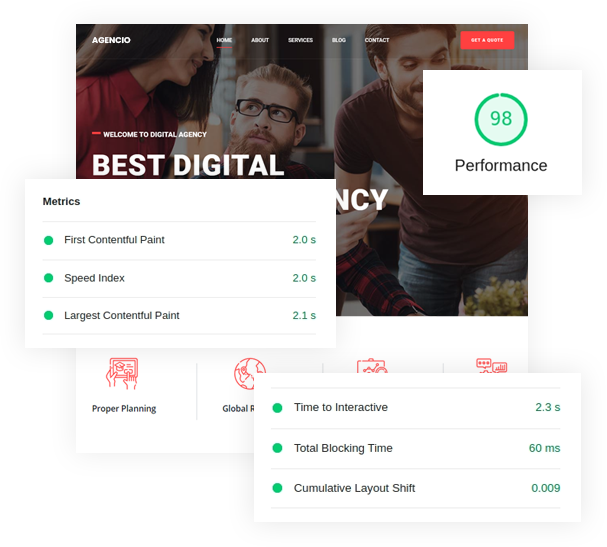Change That - Keyphrase in Slug
One of the SEO assessments in the QuixRank checks whether the slug contains your focus keyphrase. In this article, we’ll explain a few things about this assessment. We’ll explore what a slug is, how you can edit it, and why a slug is important for SEO. We’ll also explain why it is so very important to include your focus keyphrase in the slug, and we’ll give you a few other basic tips on how to improve your URL.
What is a slug?
A slug is the part of a URL which identifies a particular page on a website in an easy to read form. This means it’s the part of the URL which explains the page’s content. In the example below, https://themexpert.com/docs/ is the URL, and docs is the part that identifies the page as being our ThemeXpert product documentation page. So, the slug in this URL is docs.
Why are slugs important for SEO?
The slug is one of the indicators search engines use to determine what a page is about. And, as we’ve just seen, you can change the words of the slug to make sure that it has the words that you really want to rank for.
In addition, it’s one of the things that people see in the search results. A search result usually consists of three elements: the title (in blue), the URL including the slug (in green), and a meta description (in black). Note that this is not always the case: sometimes the slug is replaced with breadcrumbs. People might click a search result easier when the slug matches the subject of the page. For example, the default slug used to be a combination of random numbers. And let’s face it: you would prefer clicking https://themexpert.com/docs/ over https://themexpert.com/?P=613458/ as well, right?
How to improve your URLs
As we’ve seen, a good URL makes it easy for visitors and search engines to figure out what a certain page is about. Therefore, it’s a very good idea to use your focus keyphrase for that post or page in its URL. QuixRank checks if you have used your focus keyphrase in your URL. However, there’s more you can do to create perfect URLs. Let’s go about a few basic tips.
Choose the right permalink structure
Improving your URLs all starts by defining your permalink structure in your CMS. As we’ve explained before, you can edit your permalink settings to change how you want to organize your URLs. Make sure to choose an option in which the URL contains relevant words.
Include your focus keyphrase Both search engines and your users use the URL to find out what a certain page or post is about. Therefore, it’s a great idea to include your focus keyphrase in your URL. QuixRank will remind you if you haven’t included your focus keyphrase in your slug.
Use lowercase letters only Try to use lowercase letters only in your slug. That’s because, in some cases, you can create duplicate content by mixing these two.
Add focus The more parts you add to a URL, the more complex and hard to understand it gets. Focus is key. That’s why we recommend removing all the words that you don’t really need from your slug. Filter out all the unnecessary words, like stop words. However, you should make sure the slug still makes sense, though.

